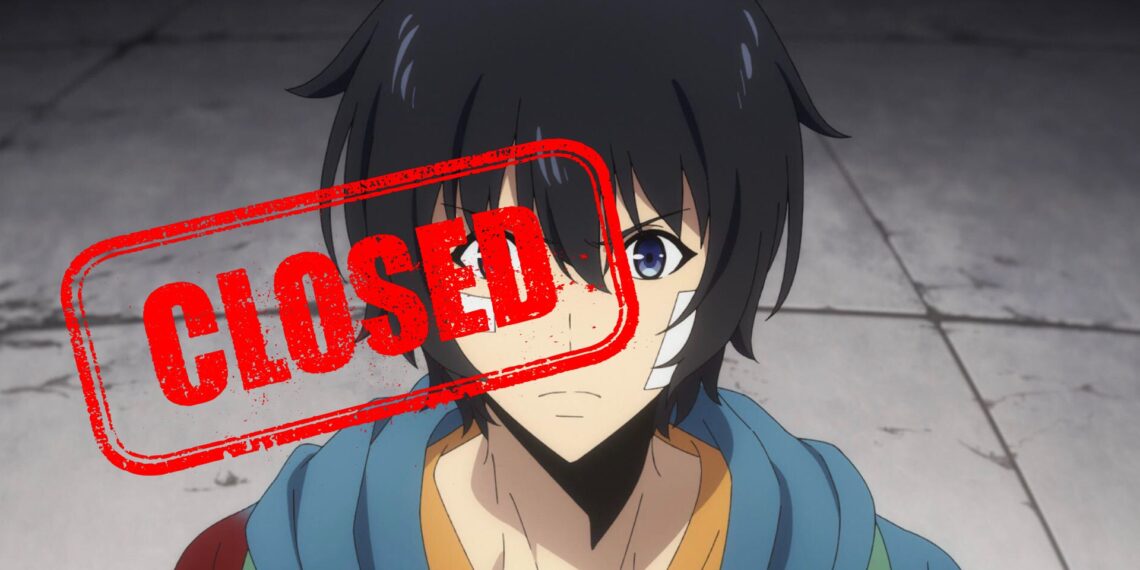A major website that was illegally distributing Korean web novels without permission has been shut down this week. This comes after a joint investigation between South Korea’s Copyright Crime Scientific Investigation Team division of the Ministry of Culture, Sports & Tourism and the US Department of Homeland Security.
While the website itself was hosted in Korea, some of its servers were located overseas, initially making it difficult to track.
However, by tracing the IP addresses accessing one of the servers, the authorities were able to identify the operator’s location in Korea. After confirming access to the website from a specific location, the operator was arrested.
Although the name of the website was not disclosed, it is estimated that they shared approximately 27,000 unauthorized copies of Korean web novels illegally.

The website earned around 340 million Korean won (approximately $270,000 USD) through advertisements displayed to its 21.7 million unique visitors.
By distributing copyrighted content without permission, the website caused significant damage. Its shutdown this week is a major victory against online piracy.
Copyright Crime Scientific Investigation Team Is Taking Strict Actions
It has been revealed that the now-shuttered piracy website disguised itself as a legitimate platform for web novel reviews and commentary.

While not actually hosting illegal copies itself, the site provided paying subscribers with direct link addresses to access cloud storage sites where full web novels could be downloaded.
This takedown comes just days after major web novel publisher Kakao Entertainment publicly named the website “M” as a major source of web novel piracy. The publisher likely provided key information assisting the legal investigation.

An official from South Korea’s Ministry of Culture, Sports, and Tourism made an additional statement warning that even if the actual web servers are located overseas, Korean citizens who operate such piracy sites are still subject to domestic copyright law.
Additionally, authorities warned that users who share download links with the clear intention of facilitating piracy could also face legal punishment.

Officials are making it clear that ignorance or claims of mistakes are unlikely to be accepted as excuses. All parties involved with web novel piracy sites could face the consequences.
Ongoing Enforcement and Economic Impact
In addition to the specific takedown, officials underscored that enforcement against web novel and webtoon piracy remains an ongoing priority.
“We will continue working tirelessly to investigate these sites so that the rapidly growing web novel and webtoon industry does not suffer from the illegal distribution of their creative works,” emphasized the Director of South Korea’s Copyright Office.

The web novel market, including major publisher Kakao Entertainment, estimates that sites like the one that shut down this week are causing over 50 billion won (approximately $40 million USD) in economic damage to the industry.
This estimate is based on the number of subscribers to piracy sites as well as average market prices for legal web novels. The availability of free pirated copies significantly undercuts the legitimate market.

Officials congratulated the cooperative success in this recent case but stressed that enforcement work continues. The scale of recent damage highlights the need to take intellectual property theft seriously to protect the burgeoning creative industry.
Authorities are sending a strong warning to other potential pirate sites that they are being closely monitored.
Sony’s Acquisition of Crunchyroll Raises Questions About Monopoly in Legal Anime Streaming
Just as South Korean authorities have cracked down on a major web novel piracy site this week, there is also growing attention on enforcing copyright law in the online anime industry.
The shutdown of the illegal web novel site follows other recent anime piracy site takedowns.

However, legal anime streaming platforms also face major consolidation, as seen with Sony’s acquisition of leading anime streamer Crunchyroll last year.
Crunchyroll had positioned itself as a major competitor to anime specialty streamer HIDIVE. Both platforms offered extensive anime libraries and global reach.

With Crunchyroll now under Sony’s control, some analysts warn this could create a quasi-monopoly in legal anime streaming. While Netflix and Hulu also offer some anime content, their libraries cannot compare.
The Crunchyroll-HIDIVE competition had helped restrain prices and expand access. Now, Sony controls the dominant legal anime streamer globally.
Just as Korean officials vow to protect the domestic web novel and webtoon industry from piracy operations, there may be a need to promote fair competition in the legal anime streaming landscape.

As piracy sites are shut down, it becomes even more pressing that legal alternatives like Crunchyroll do not take undue advantage of reduced competition post-consolidation.




